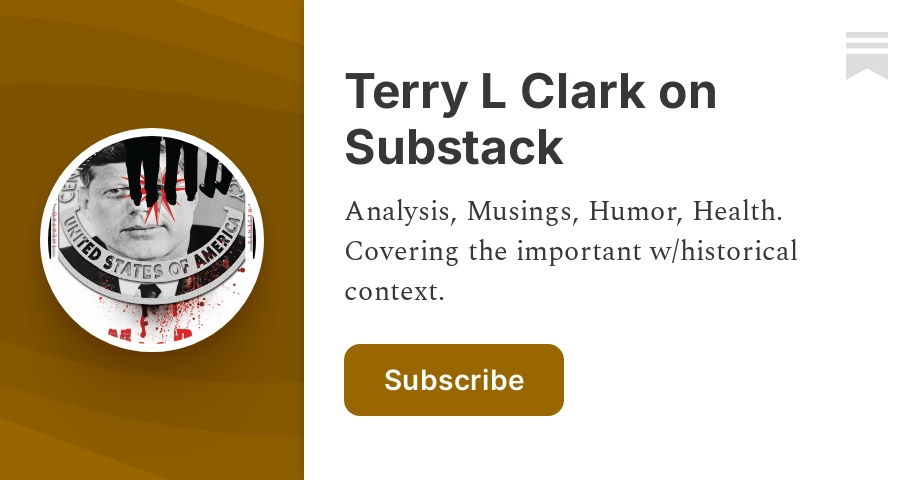Useful Idiots Running Wild
The phrase 'useful idiots' refers to Westerners duped into saying good things about bad regimes.
In political jargon it was used to describe Soviet sympathizers in Western countries and the attitude of the Soviet government towards them.
A more complete definition of the term "useful idiots" is a person perceived as propagandizing for a cause without fully comprehending the cause's goals, and who is cynically being used by the cause's leaders. The term was often used during the Cold War to describe non-communists regarded as susceptible to communist propaganda and psychological manipulation. It also describes the modern day followers of Barack Obama, Hillary Clinton, and the so-called "Progressives" also known as the Congressional Progressive Caucus and the Democratic National Committee; most of whom are card-carrying members of the American Communist Party.
Useful idiots, in a broader sense, refers to Western journalists, travelers and intellectuals who gave their blessing -- often with evangelistic fervor -- to tyrannies and tyrants, thereby convincing politicians and public that utopias rather than concentration camps thrived.
John Sweeney looks at Stalin's Western apologists and explores how present day stories of human rights abuses across the world are still rewritten.
https://rumble.com/v4lxczw-useful-idiots-running-wild.html
Useful Idiots Running Wild
The phrase 'useful idiots' refers to Westerners duped into saying good things about bad regimes.
In political jargon it was used to describe Soviet sympathizers in Western countries and the attitude of the Soviet government towards them.
A more complete definition of the term "useful idiots" is a person perceived as propagandizing for a cause without fully comprehending the cause's goals, and who is cynically being used by the cause's leaders. The term was often used during the Cold War to describe non-communists regarded as susceptible to communist propaganda and psychological manipulation. It also describes the modern day followers of Barack Obama, Hillary Clinton, and the so-called "Progressives" also known as the Congressional Progressive Caucus and the Democratic National Committee; most of whom are card-carrying members of the American Communist Party.
Useful idiots, in a broader sense, refers to Western journalists, travelers and intellectuals who gave their blessing -- often with evangelistic fervor -- to tyrannies and tyrants, thereby convincing politicians and public that utopias rather than concentration camps thrived.
John Sweeney looks at Stalin's Western apologists and explores how present day stories of human rights abuses across the world are still rewritten.
https://rumble.com/v4lxczw-useful-idiots-running-wild.html








